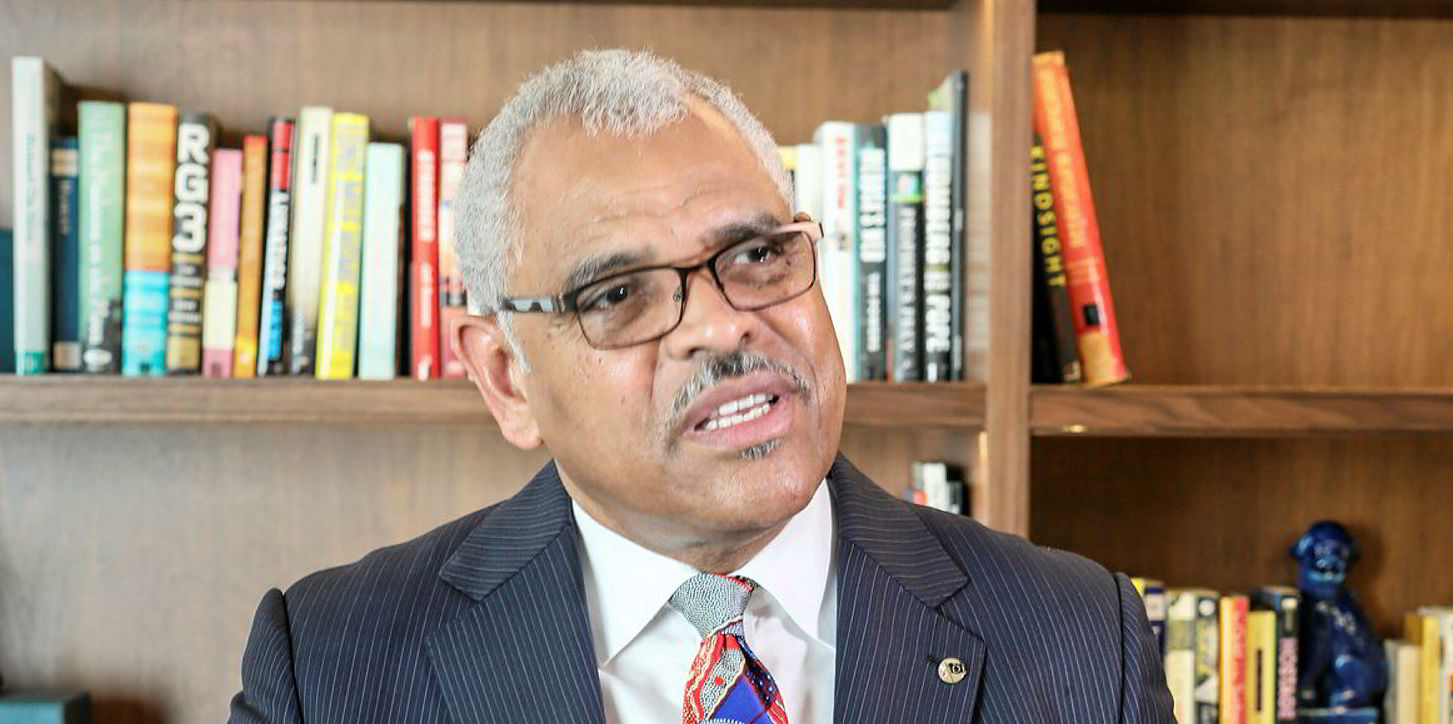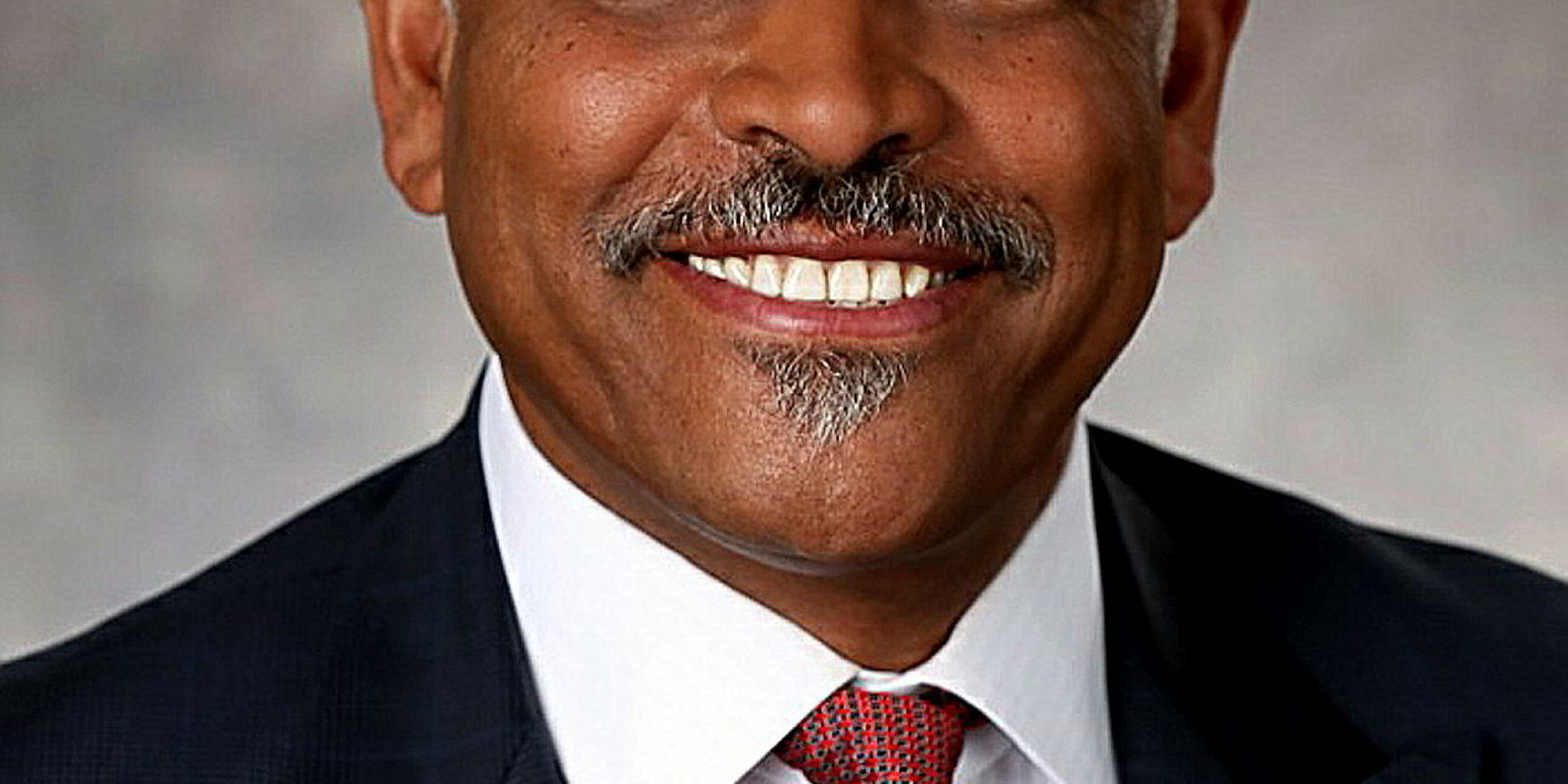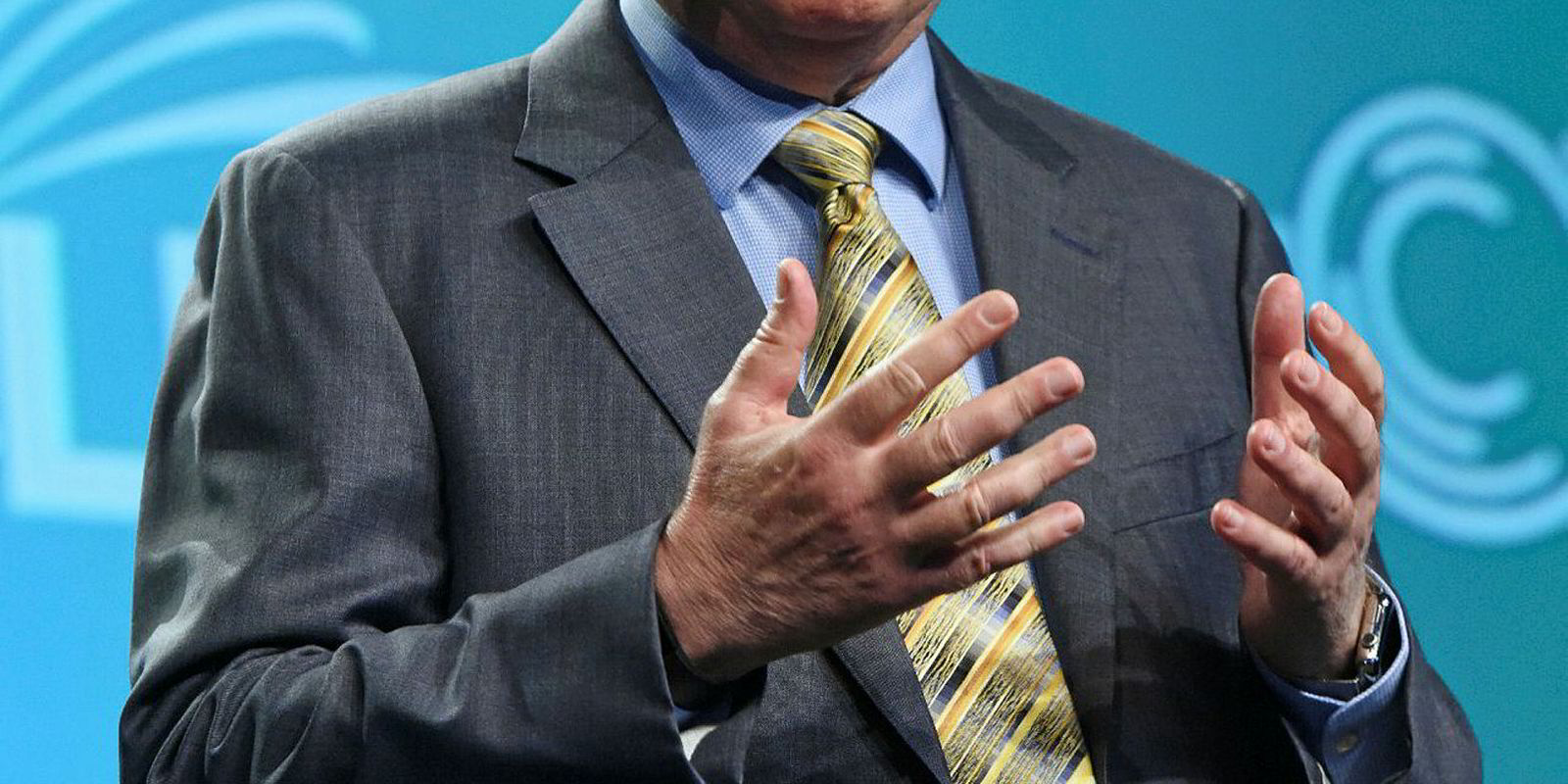Cruise industry leaders have a clear message a year after three hurricanes hit the Caribbean: the vacation paradise will always welcome cruisegoers.
"We're just reminding people how the vast the Caribbean is," said Arnold Donald, chief executive of Carnival Corp and global chairman of the Cruise Lines Industry Association.
"The Caribbean is always open for business."
Donald today joined Adam Goldstein, vice chairman of Royal Caribbean Cruises (RCL) and chairman of the Florida-Caribbean Cruise Association (FCCA), and FCCA president Michele Paige on a conference call to discuss the island region's readiness as a cruise destination.
In mid-August of 2017, Hurricane Harvey hit the region's chain of small eastern islands such as Barbados and St. Lucia before pummeling Houston the following week.
That storm was followed a few days later by Hurricane Irma, which tore through the Virgin Islands, Puerto Rico, Dominican Republic and Cuba before assailing southwest Florida.
Less than a week later, Puerto Rico took a direct hit from Hurricane Maria.
All told, the storms caused $367bn in damage to the Caribbean and US while taking hundreds of lives in the worst hurricane season in years.
Donald said the Caribbean, comprised of 26 countries and 700 islands covering a million square miles, can always take cruise passengers despite major weather events because it is such a massive geographical area.
"It'd be like saying there was a storm in Texas, so don't go to the United States or Texas," he said.
"The Caribbean isn't one specific dot and our assets are mobile."
He said the cruise industry deals with major storms every year, mostly by sailing away from them.
"We have to deal with it somewhere in the world."
Relief efforts
The industry also helps with relief efforts following major storms, such as Carnival rebuilding schools and the donation of $10m through its foundation and Miami Heat and Arison family charities.
RCL has chipped in by opening temporary schools and an orphanage and setting up water tanks in battered Haiti.
Norwegian Cruise Lines donated $1.25m and deployed Norwegian Sky to US Virgin Islands' St. Thomas to bring supplies and help with evacuation efforts.
"It's very important to listen to what a destination's needs are," Goldstein said.
"We have a social responsibility to help with the fabric of the communities of the Caribbean."
Neither Donald nor Goldstein would say specifically how much money their companies spent on relief efforts.
"We've invested substantial dollars," Donald said.
"We look a it as the right thing to do."
He said the industry also puts money into the Caribbean's storm-damaged areas to help ensure future commercial success but it all comes back to doing the right thing.
"It's not like we're going to spend a nickel on this school today to give a dime to shareholders tomorrow," he said.
Goldsten agreed, saying that helping areas of the Caribbean back on their feet after a hurricane goes way beyond trying to increase shareholder value.
"How do you put a price on getting someone out of harm's way that is on dialysis?"






